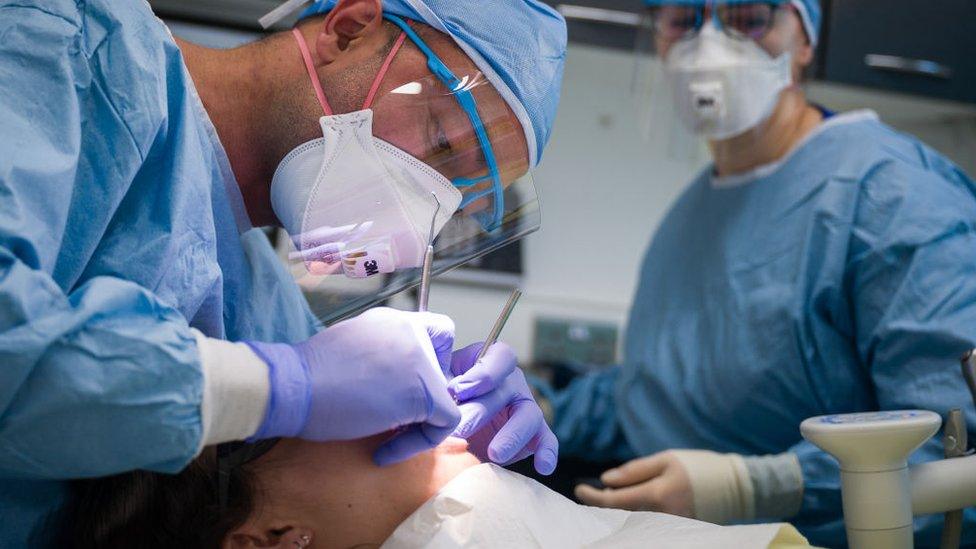NHS dentists: People having to drive hundreds of miles 'unacceptable'
- Published
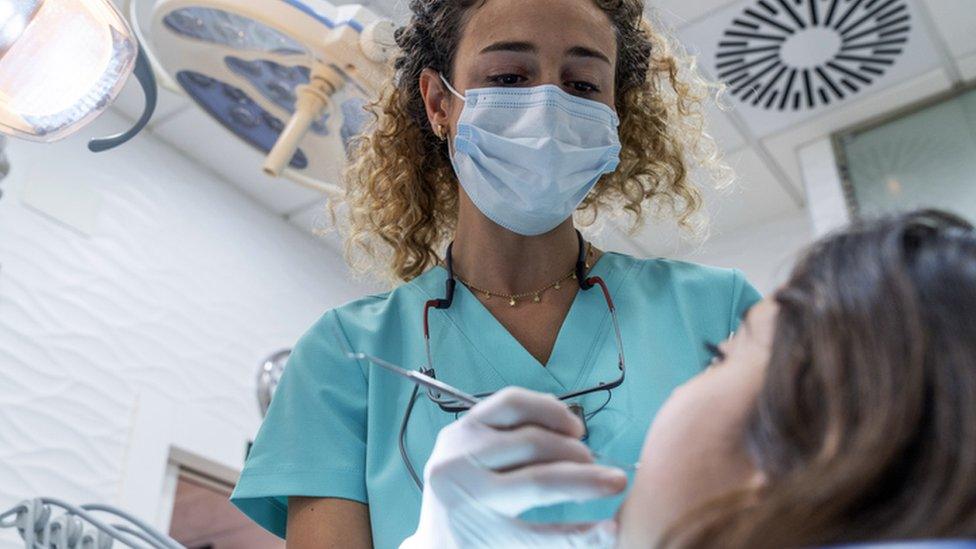
The pain and distress of not being able to see an NHS dentist are "totally unacceptable", an inquiry has told the government.
A review was launched after a BBC investigation found nine in 10 NHS dental practices across the UK were not accepting new adult patients.
Some people drove hundreds of miles for treatment or even resorted to pulling out their own teeth, the BBC found.
The government says it invests more than £3bn a year in dentistry.
But the damning report, by the Commons' Health and Social Care Committee, says more needs to be done, and quickly.
Dental reforms - recommended to the government more than 15 years ago - have still not been implemented, it says.
Last year's BBC's investigation found eight in 10 NHS practices were not taking on children.
Between May and July 2022, BBC News contacted nearly 7,000 NHS practices - believed to be almost all those offering general treatment to the public.
In a third of the UK's more than 200 council areas, the BBC found no dentists taking on adult NHS patients.
Researchers could also not find a single practice accepting new adult patients in Lancashire, Norfolk, Devon or Leeds.
Your device may not support this visualisation
Compared with other nations, Scotland was found to have better access to NHS dentistry for adults, with 18% of practices accepting new patients.
However Wales, England and Northern Ireland were at 7%, 9% and 10% respectively.
Conservative MP Steve Brine said hearing about someone in "such pain and distress" that they used pliers to pull out their teeth "demonstrates the crisis in NHS dental services".
"Rarely has an inquiry been more necessary than this one," said the chairman of the cross-party committee which wrote the report.
Declining levels of NHS dentistry should be "sounding alarm bells", he said, adding: "Today we register in the strongest terms possible our concern for the future of NHS dental services and the patients who desperately need access to them."
NHS dental treatment is not free for most adults, but it is subsidised - if you can get an appointment.
Danielle Watts, from Bury St Edmunds in Suffolk, found herself in a "dental desert" - an area where no dentists offer NHS care - and could not afford the thousands of pounds of private treatment needed to fix her teeth.
One by one, over several months, she pulled out 13 of her own teeth.
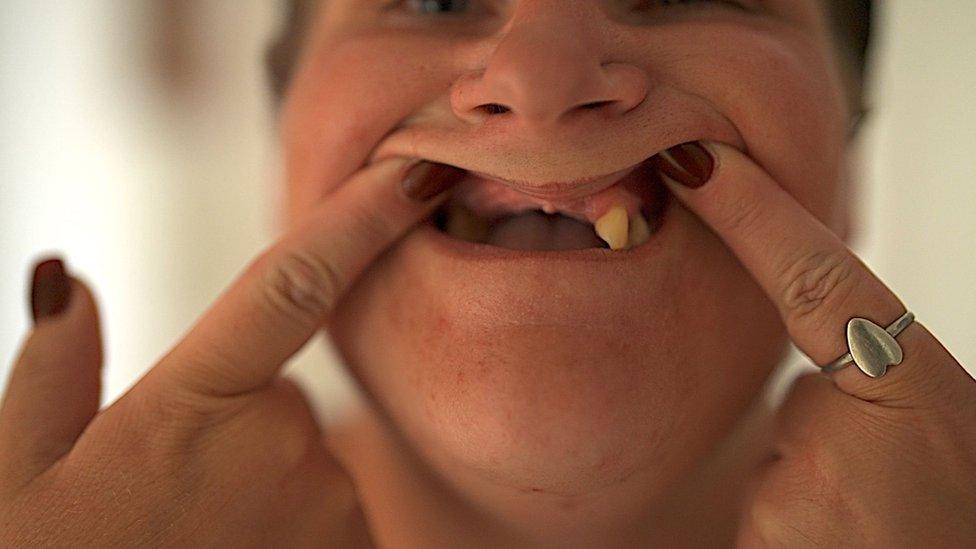
Danielle Watts has removed 13 of her own teeth
Following the BBC's report, a friend persuaded her to set up a crowdfunding page which has since helped raise enough money to enable her to have a set of dentures fitted.
She says the kindness of strangers has completely transformed her life.
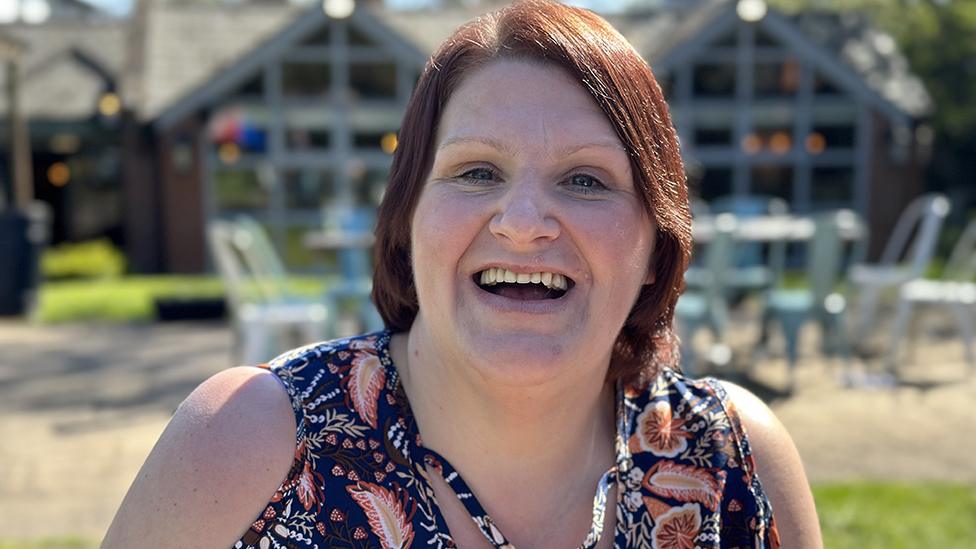
Danielle Watts shows off her new dentures
"I'm in no pain at all, there is no bleeding, my teeth are all facing the same way," she says.
"I don't have to hide any more. To be able to talk to somebody face-on, to be able to smile at somebody, is something I haven't done for several years."

Some people are going to extraordinary measure to do DIY dentistry as they struggle to find affordable dental care. Are we witnessing the death of NHS dentistry?

Ensuring that everyone who needs an NHS dentist is able to access one within a reasonable timeframe and a reasonable distance, is one of the key recommendations in the report.
Other recommendations include:
Ensuring the public are better informed about what they are entitled to
Giving dentists financial incentives for seeing new patients and those with greater dental needs
Prioritising prevention and patient-centred care
Finding out how many full-time and part-time-equivalent dentists, dental nurses, therapists and hygienists work in the NHS and how much NHS and private work they carry out.
"We are concerned this will be too little too late for those dentists who have already left the NHS," the report says.
It adds the current dental contract, which pays dentists for batches or courses of treatments delivered rather than for every single item or procedure, such as a check-up or a filling, is not fit for purpose.
The system of paying NHS "units of dental activity" (UDAs) can be a disincentive to dentists seeing new patients, including those who have higher levels of disease and require more time to treat, the report warns.
The British Dental Association (BDA) told the committee: "We have a higher award for treating three or more teeth, but many of the new patients presenting to dentists and their teams now have far more disease than that. People have not been able to present [during Covid restrictions]. They are presenting much later; they have far more disease and the disease is often more complex to treat."
The BDA says workload backlogs, made worse by Covid, will take many years to clear.
Some dental practices are struggling to deliver their NHS contractual commitments, often simply as a result of being unable to fill vacancies, the association claims.
The government says it recently announced a 40% increase in dentistry training places and has made changes "so dental therapists and hygienists can deliver more treatments".
"We invest more than £3bn a year in dentistry and have already increased the funding practices receive for high needs patients to encourage dentists to provide more NHS treatments," said a spokesperson from the Department of Health and Social Care.
It says the NHS dental contract has been reformed to encourage more dentists to provide NHS treatments and to allow dental therapists and hygienists to offer extra services.
The government also said it would set out further measures "to improve access shortly".
Louise Ansari from Healthwatch England said: "Ultimately, only a fundamental and fully resourced dental contract reform can tackle these deep-seated problems, and we call on the government to publish its dental recovery plan urgently."

Are you struggling to find an NHS dentist? Are you a dentist with a view on this story? You can share your experiences by emailing haveyoursay@bbc.co.uk, external.
Please include a contact number if you are willing to speak to a BBC journalist. You can also get in touch in the following ways:
WhatsApp: +44 7756 165803
Tweet: @BBC_HaveYourSay, external
Please read our terms & conditions and privacy policy
If you are reading this page and can't see the form you will need to visit the mobile version of the BBC website to submit your question or comment or you can email us at HaveYourSay@bbc.co.uk, external. Please include your name, age and location with any submission.

Sign up for our morning newsletter and get BBC News in your inbox.

- Published14 July 2023
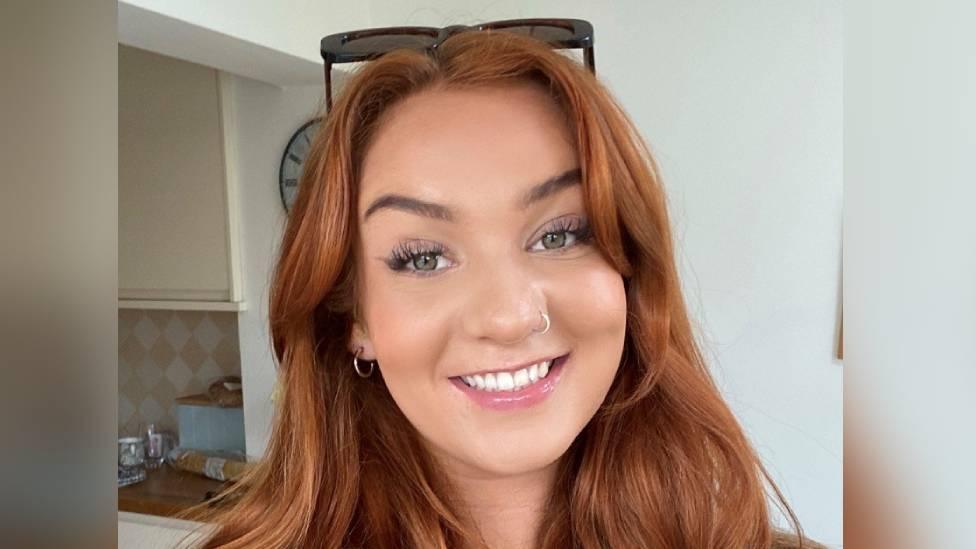
- Published8 August 2022
